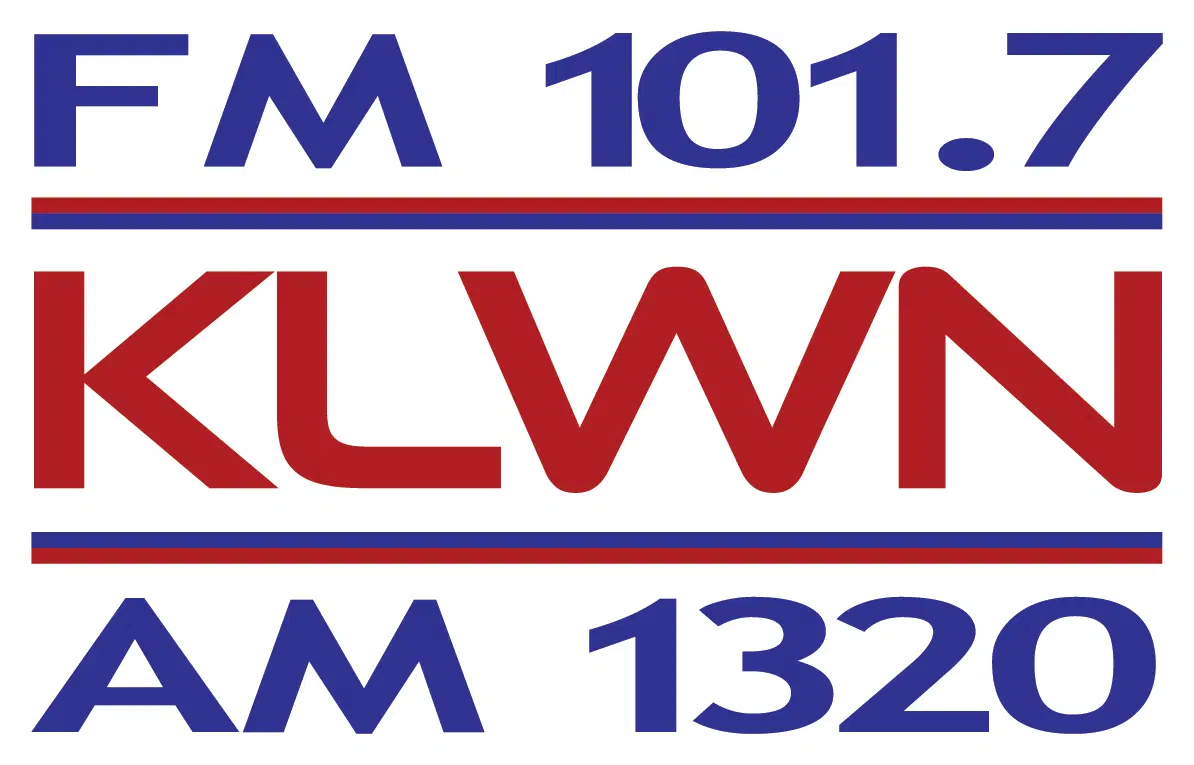November 25, 2024 Board Moves to Protect Learning Time
Approves First Reading of New Cell Phone Policy The Lawrence Board of Education on Monday approved on first reading a new policy to enhance focus on our district’s primary mission: teaching and learning. Board Policy JCAA – Cell Phones and Electronic Devices calls for prioritizing teacher instruction and student learning by removing the distractions of student use of personal cell phones and other electronic devices. Board President Kelly Jones said that she intends for the board to amend the policy before second reading and final approval on December 9, so it aligns with the administration’s recommended guidance. As is, the policy states, “Cell phones and all personal electronic devices must be turned off and stored out of sight at all times during school hours.”
Interim Superintendent Dr. Jeanice Swift shared that district and school administrators worked with staff to craft developmentally appropriate guidance to support a districtwide expectation of phone-free instructional time with opportunities for middle and high school students to learn how to check their phones during non-instructional time, such as lunch and passing periods, and then power off and put them away for class. Swift said that the administrative team has plans in place to support students and staff in making this change and meeting the expectation that phones are “not on, not seen, not heard, and not interrupting instruction” during class. She added that schools will prepare and practice for the transition in December before the new procedures take effect after winter break on January 6. Existing cell phone policy protects elementary and middle school instructional time from cell phone distractions but leaves it up to high school teachers’ discretion in determining whether students may use their phones in class. Both teachers and parents presented petitions to the board last summer, advocating for a clear districtwide stance and consistent implementation. They cited among their concerns: students’ addiction to their phones, their lack of focus in class, constant distractions causing a loss of instructional time, and unsafe behaviors, including cyberbullying and social media misuse. Kiley Luckett, mental health coordinator, visited two high school classes and asked students to turn on their cell phone notifications to help them become more aware of the frequency of distractions occurring during class. Luckett said that in two 20- to 25-minute classes of approximately 25 students, there were 101 and 167 cell phone interruptions, respectively.
November 25, 2024, Board of Education Meeting “We have to do this as a community,” said Swift of the systemic and cultural change. She noted that she lived through schools realizing they should not be purveyors of soda pop in the cafeteria and removing those sugary options from school vending machines. “This too is a change process,” she said. Jones directed the administration to bring back to the board more information about whether middle school students should be able to use their phones during lunch, what access students have to social media while at school, and how the district plans to communicate and educate school families about things they can do at home to support their students with this transition. Swift said that the readiness plan for supporting students and staff in practicing the new expectations during the 14 school days in December includes Spirit Days, like Tech-Free Tuesdays. Learning coaches are prepared to support educators in providing more collaborative learning, so students don’t feel the need to be on their devices. This plan also includes a feedback loop to ask students, school staff, and parents how it’s going. Swift shared that another change in district expectations is a goal with early childhood and elementary classrooms “dramatically-reducing the amount of screen time for young children” on the district-provided iPads.
The Kansas State Board of Education established a task force on student screentime. It studied a variety of issues and made recommendations to the Kansas State Board of Education. The state board will consider approving the guidance for Kansas schools during its meetings on Dec. 11-12. Additionally, the U.S. Surgeon General last summer issued an opinion about electronic devices and screentime, calling for a warning label on social media — like those on packs of cigarettes — alerting users to the harmful effects of social media on adolescents’ mental health. “This is a systemic change. We will all be supporting the shift,” said Swift. “Teachers have processes in place they use to manage student behaviors, so rather than pronouncing specific consequences, we want to work with our teachers and staff on how we go about changing student behaviors.” “With all things we do, it is about education,” said Luckett. “It is about teaching students a skill and helping them understand why it is beneficial to them. We have to teach them.” Read the draft cell phone policy and guidance at www.usd497.org/SchoolBoard. State Board Member Visit Dr. Beryl New, elected this month to represent District 6 on the state board, visited our local board meeting to introduce herself and invite the superintendent and board members to contact her if she can be of service in their work. New is a former Lawrence High administrator (2005-2010).












